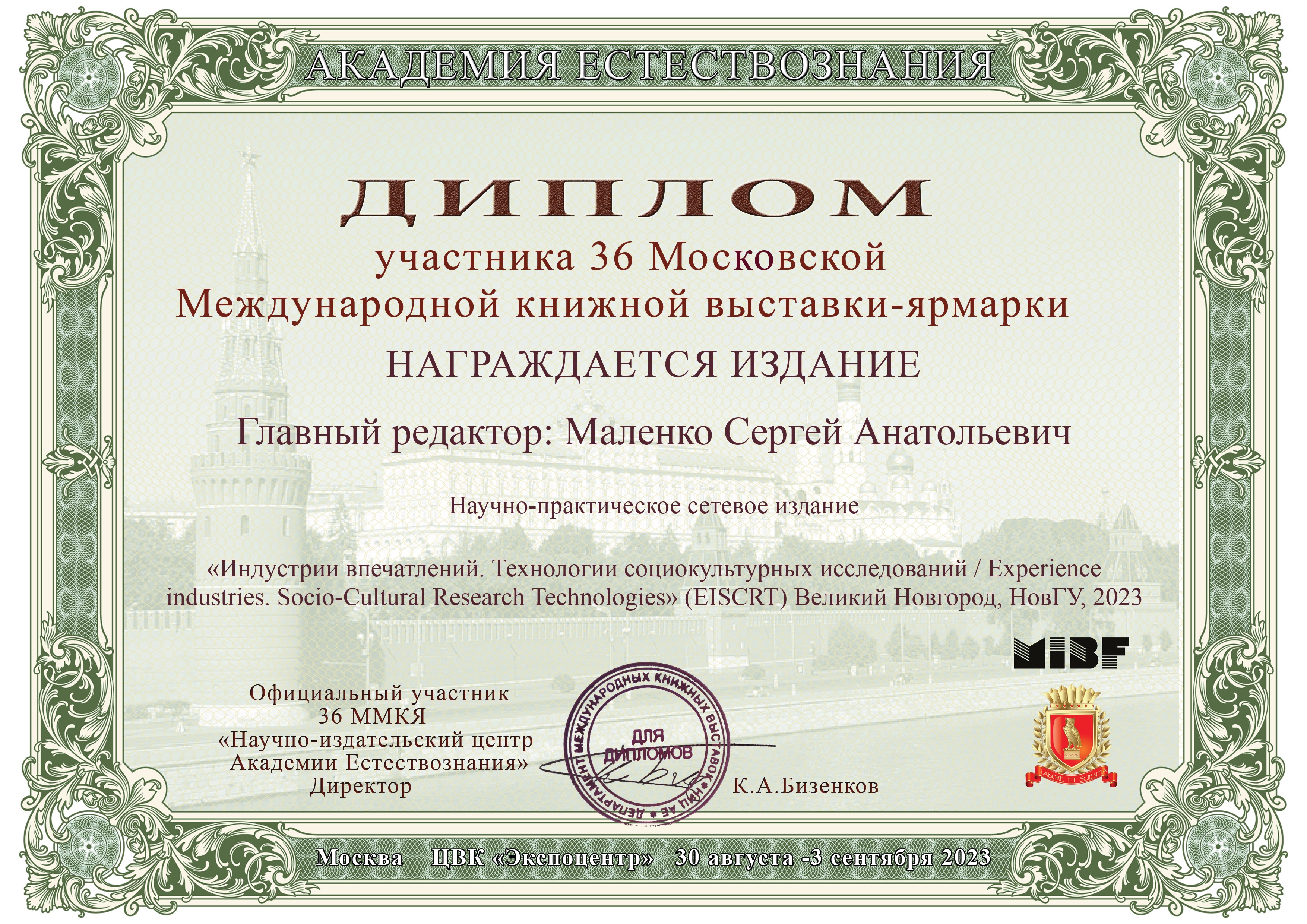THE IMPACT OF MAN-MADE VIRTUAL REALITY: FROM IMPRESSIONS TO A PERSON'S WORLDVIEW
DOI:
https://doi.org/10.34680/EISCRT-2023-1(2)-194-216Keywords:
person’s worldview, technogenic virtual reality, influence of impressions, mass culture, replication, elitism, cultural industry, meanings, mental functions, the brainAbstract
The phenomenon of virtual reality, understood as a man-made, provided with technological support and technical equipment environment that can create an imitation and simulation of reality: from the graphic representation of the world to the characteristics of human interaction with each other and the objects of the virtual world. The connection between mass culture and the content of technogenic virtual reality (TVR), which makes this reality a component of the cultural industry, is demonstrated. Various positive and negative aspects of technogenic virtual reality are revealed, in connection with their impact on the worldview of an individual. Possible distortions of the main aspects of a person's worldview are given: substantive, value, structural and functional in nature. As conditions for the occurrence of these distortions, the originality of the impressions received from the impact of TVR and the peculiarities of the work of the brain are put forward. It is concluded that the positive or negative impact of technogenic virtual reality on the worldview of the individual depends on the quality of its content, the purpose of use and the characteristics of the perception of this reality by an individual. Along with the template, standardized, utilitarian content of virtual reality intended for the mass consumer, there are its samples, designed for a narrow circle of connoisseurs, which can be equated to works of art. Such a division of society in a virtual technogenic space may additionally indicate the processes of division, disunity, simplification of society and dehumanization of people taking place in it.
For citation:
Moskvitina, O. A. (2023). The impact of man-made virtual reality: from impressions to a person's worldview. Experience industries. Socio-Cultural Research Technologies (EISCRT), 1 (2), 194-216. (In Russian). https://doi.org/10.34680/EISCRT-2023-1(2)-194-216








